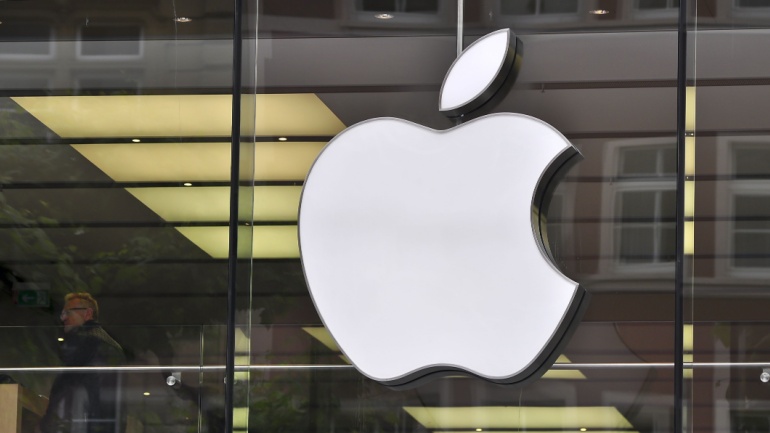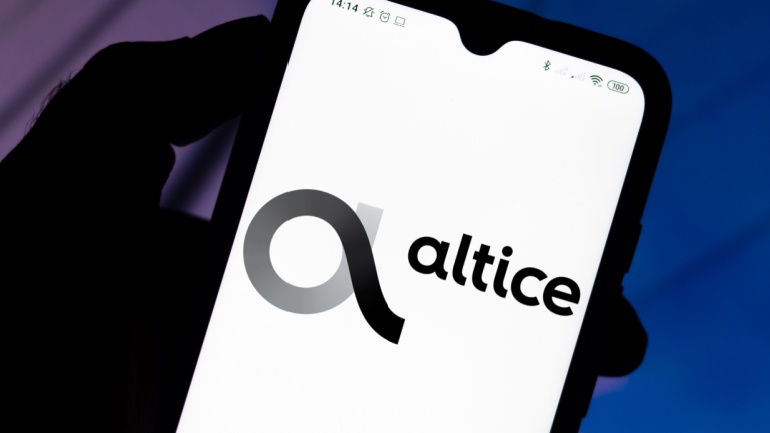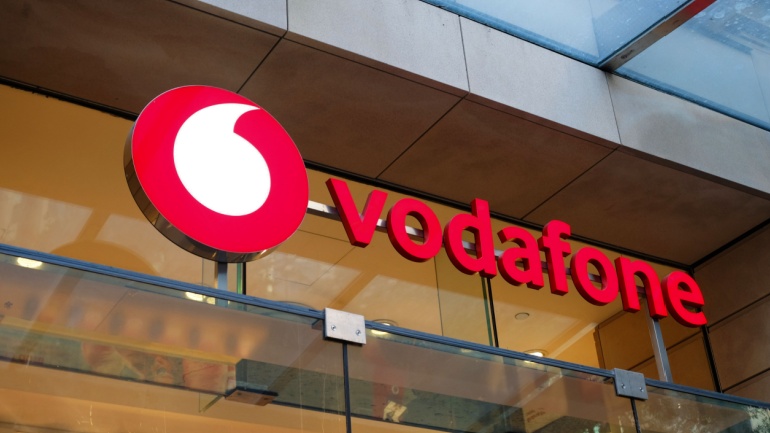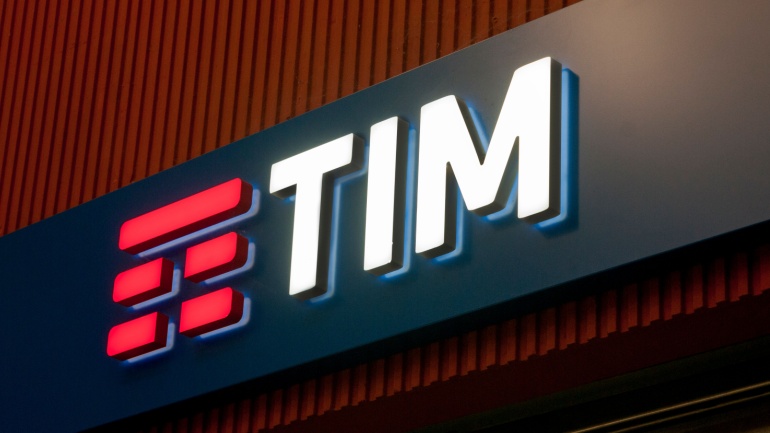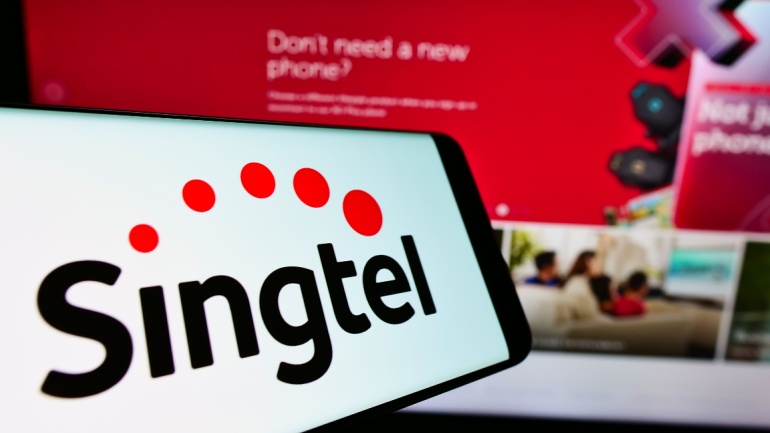In a significant move, the US government has initiated a comprehensive legal battle against Apple Inc., accusing the tech behemoth of monopolistic practices within the smartphone industry that purportedly suppress competition and inflate costs for consumers. The Department of Justice, in collaboration with 16 state and district attorneys general, has filed a civil antitrust lawsuit charging Apple with monopolization or attempts at monopolization of the smartphone market.
A recent study by Ericsson and Juniper Research reveals significant growth prospects for the mobile financial services (MFS) sector, forecasting a surge in user engagement and transaction values by 2028. The analysis suggests a shift towards a more diverse offering in mobile money services, predicting that 40% of mobile subscribers will utilize these services by 2028, a notable increase from the current 29%.
SmartCIC, a global managed service provider has appointed Johnatan Santana as its Head of Carrier Wholesale and Reina Borjas as Senior Sales Manager. SmartCIC is making strategic investments in talent by building out its international wholesale connectivity team to support growing demand for end-to-end ‘through the line’ solutions and its approach to connectivity.
In a significant move aimed at reducing its hefty debt, Altice has decided to offload its French media operations to the maritime giant CMA CGM for €1.55 billion. The deal, structured as a cash transaction, sees CMA CGM acquiring an 80% share, while the remaining 20% goes to Merit France, a holding company related to the shipping group. This strategic sale encompasses Altice Media, the parent company of the well-regarded news channel BFM and RMC, a radio broadcaster.
In a notable development, Vodafone has agreed to sell its operations in Italy to Swisscom, the Swiss telecommunications giant, for €8 billion, marking a significant shift in its business strategy. This sale is part of a broader effort by Vodafone to restructure its operations across Europe, aiming for a stronger, more focused presence in growing markets.
Alianza, Inc., the leading cloud communications platform for service providers, today released a new Omdia Research report, “Reinventing Core Communications: Strategic Imperatives for Growth.” The report offers a transformation roadmap for service providers as they face increasing operational complexity, network costs, and revenue pressures that are creating hostile market conditions across the telecommunications industry.
The United Kingdom is set to enhance its semiconductor research capabilities significantly, following the government’s decision to join forces with the European Union’s Chips Joint Undertaking (JU). This collaboration marks a pivotal step in the UK’s efforts to strengthen its position in the global semiconductor arena, promising to inject new energy into its research and innovation sectors.
TIM, the Italian telecommunications giant, encountered a significant drop in its share value following the announcement of an expected increase in net debt by over €1 billion due to the sale of its networks division. The company’s strategic initiative, dubbed the Free to Run plan, aimed at reducing debt through the sale, ironically led to a sharp decline in share prices, which plummeted further after the disclosure of financial details on Monday.
Singtel has made another divestment, selling a fractional 0.8% stake in India’s Bharti Airtel for approximately $711 million. It’s a part of Singtel’s ongoing strategy to transition from traditional telco operations to fully digital-based operations.
LogRhythm, the company helping security teams stop breaches by turning disconnected data and signals into trustworthy insights, has announced the appointment of Joanne Wong as Interim Chief Marketing Officer. Wong brings a wealth of experience to her new role, proven over 9 years of driving successful marketing initiatives at LogRhythm.



